Diverse Sexuality
Sexuality refers to the sexual feelings and attractions we have towards other people. There are many different types of sexuality, and all are perfectly normal and part of the broad range of human relationships and experiences.
For some people it can take a while to figure out who they are attracted to, while others might know from a young age.
Just remember to take things at your own pace, talk to a trusted adult or friend about your feelings or questions, and remember it is normal to explore your sexuality as you grow.
Homophobia
Homophobia is the fear, hatred or ignorance of people who are attracted to people of the same sex or gender.
Homophobia can present in many different ways, such as overt verbal or physical abuse to isolation and exclusion.
If you are experiencing homophobia, it's important to talk to a parent/guardian or trusted friend about it.
You can also contact the Freedom Centre (08) 9228 0354, info@freedom.org.au or go to Freedom Centre (external site). For advice and support, you can also contact QLife (external site) on 1800 184 527.
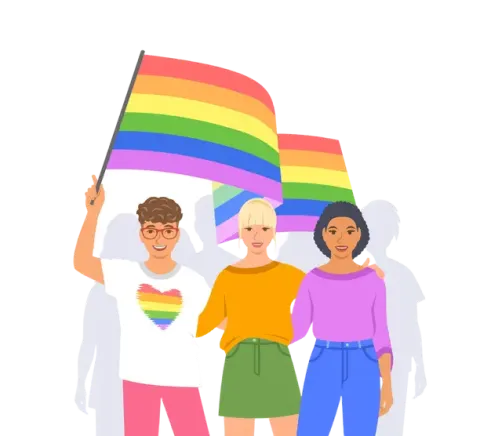
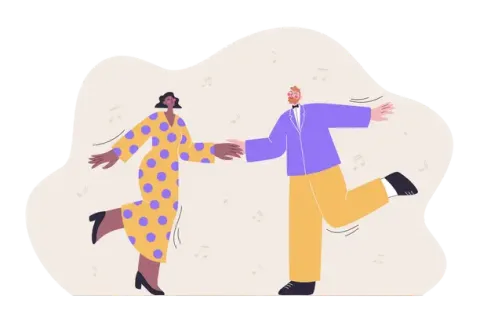
Straight
People who have sexual and romantic feelings primarily for people of another sex or gender.
For example, a woman who is exclusively attracted to men.
Gay and Lesbian
People who have sexual and romantic feelings primarily for people of the same sex or gender as themselves.
Lesbian is used exclusively for women who are attracted to women. Gay is typically used for men exclusively attracted to men but sometimes used in other contexts.
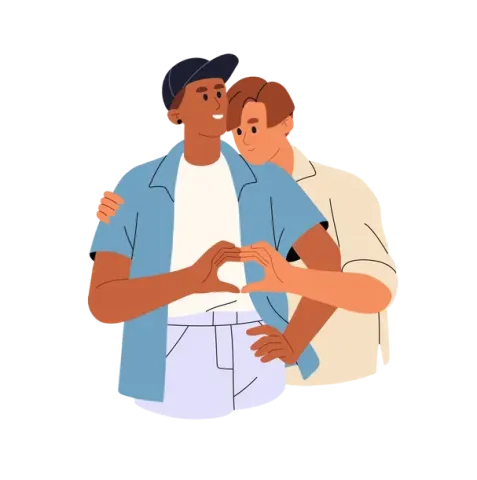
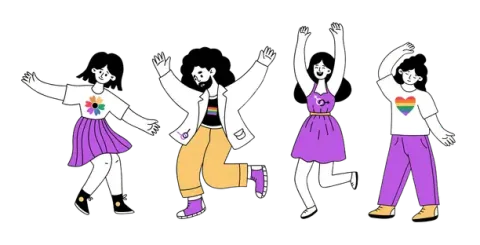
Bisexual or bi
People who have sexual and romantic feelings for more than one gender.
Asexual
People who have no sexual attraction to anyone, regardless of gender.
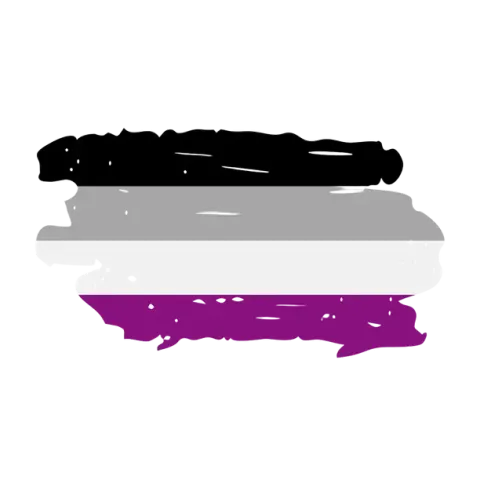
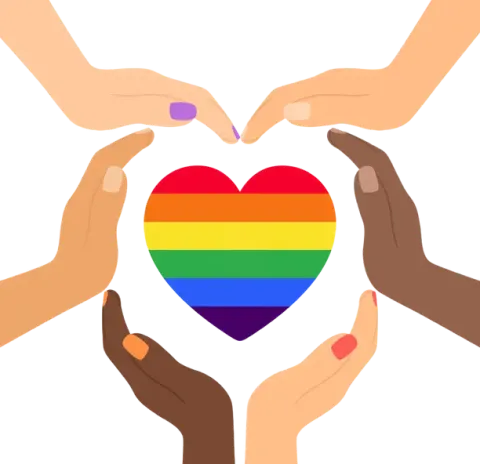
Pansexual
People who are attracted to others, regardless of their gender.
Queer
Some people refer to themselves as 'queer' if they are not straight but their sexuality does not fit with other labels.
It is important to know that some people find this term offensive as it has been previously used as an insult.
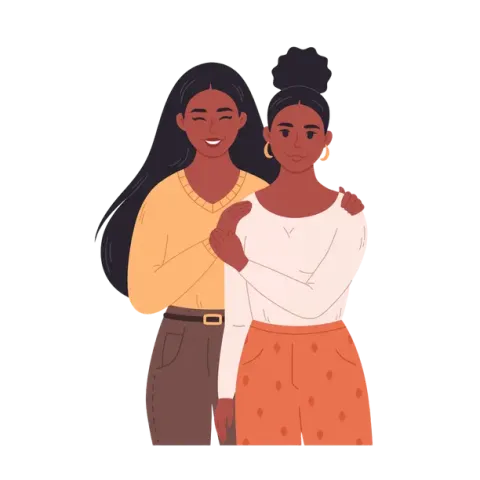
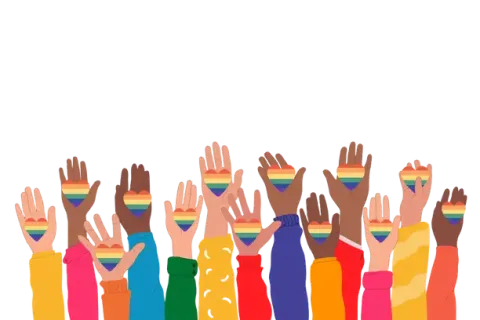
Fluid
People whose sexuality changes over time.
LGBTIQA+
This stands for Lesbian, Gay, Bisexual, Transgender, Intersex, Queer, Asexual and other diverse sexualities.
It is used as an umbrella term for people whose gender, sex or sexuality does not fit societal expectations.
Sometimes you might see it written as LGBTI, LGBTIQ+. LGBTIQA+



